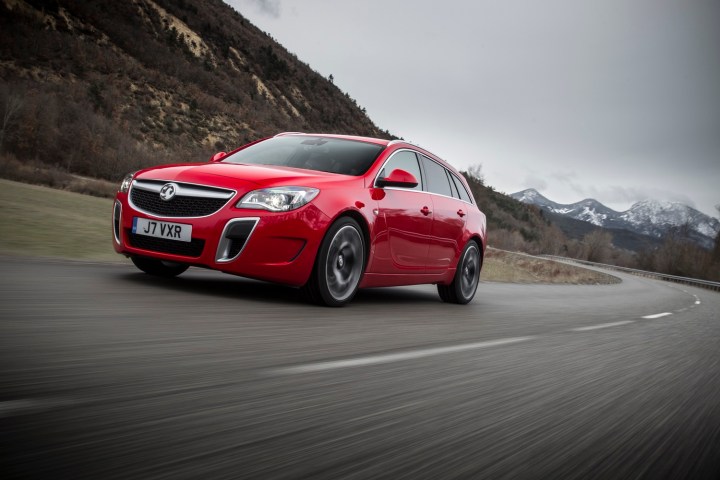
Highways England, the agency that manages U.K. roads, will spend 150 million pounds ($212 million) on the project. The plan is to test a radar system at Handheld Tunnel in Surrey, in southeast England. The system will monitor traffic and notify highway control centers of problems “within seconds,” according to Autocar.
In addition, Highways England will test modified vehicles that will be able to receive updates on traffic while they traverse the roads. A trial section for this technology will be set up on a stretch of road between London and Kent. The system will reportedly be able to send updates on traffic jams and crashes, and even suggest alternate routes to drivers.
Technology that allows cars to communicate with their surroundings is receiving considerable attention. The 2017 Mercedes-Benz E-Class will debut with a system that allows the car to get warnings from other cars with the same communications equipment. Vehicle-to-vehicle communication, or “V2V,” tech that allows cars to communicate with each other and infrastructure is also being tested in Ann Arbor, Michigan.
The U.K. government also plans to begin testing self-driving cars on public roads next year. The government announcement follows a previous proposal to test autonomous trucks on public roads in the country. First though, Highways England says it must collect data on “performance and potential impacts on capacity and operations.”
While the U.S. government has become more enthusiastic about autonomous cars recently, rules governing testing are still created by the states. A handful of states, including California, Florida, Nevada, Virginia, and Michigan, have explicitly legalized the testing of autonomous cars to help clarify the issue of liability. The question of who is at fault when an autonomous car crashes is still up for debate.
Editors' Recommendations
- Volkswagen is launching its own self-driving car testing program in the U.S.
- GM Cruise given nod to test fully driverless cars in San Francisco
- Robot car startup Aurora navigates its way to Texas for testing
- Lyft’s self-driving car-testing program is racking up the miles
- Ford’s self-driving car testing program heads to Austin


